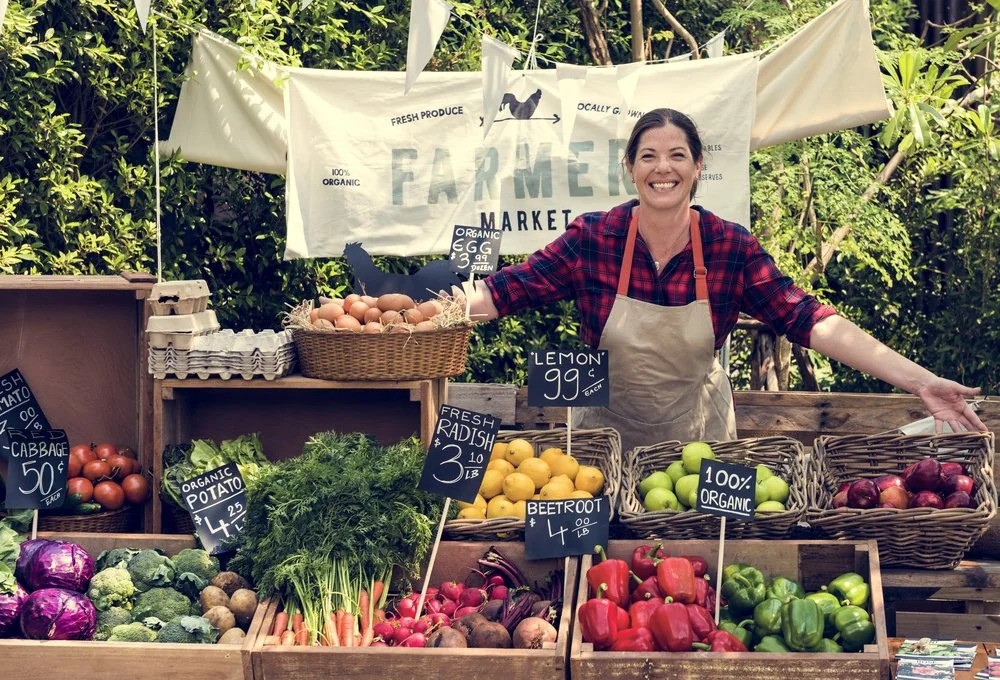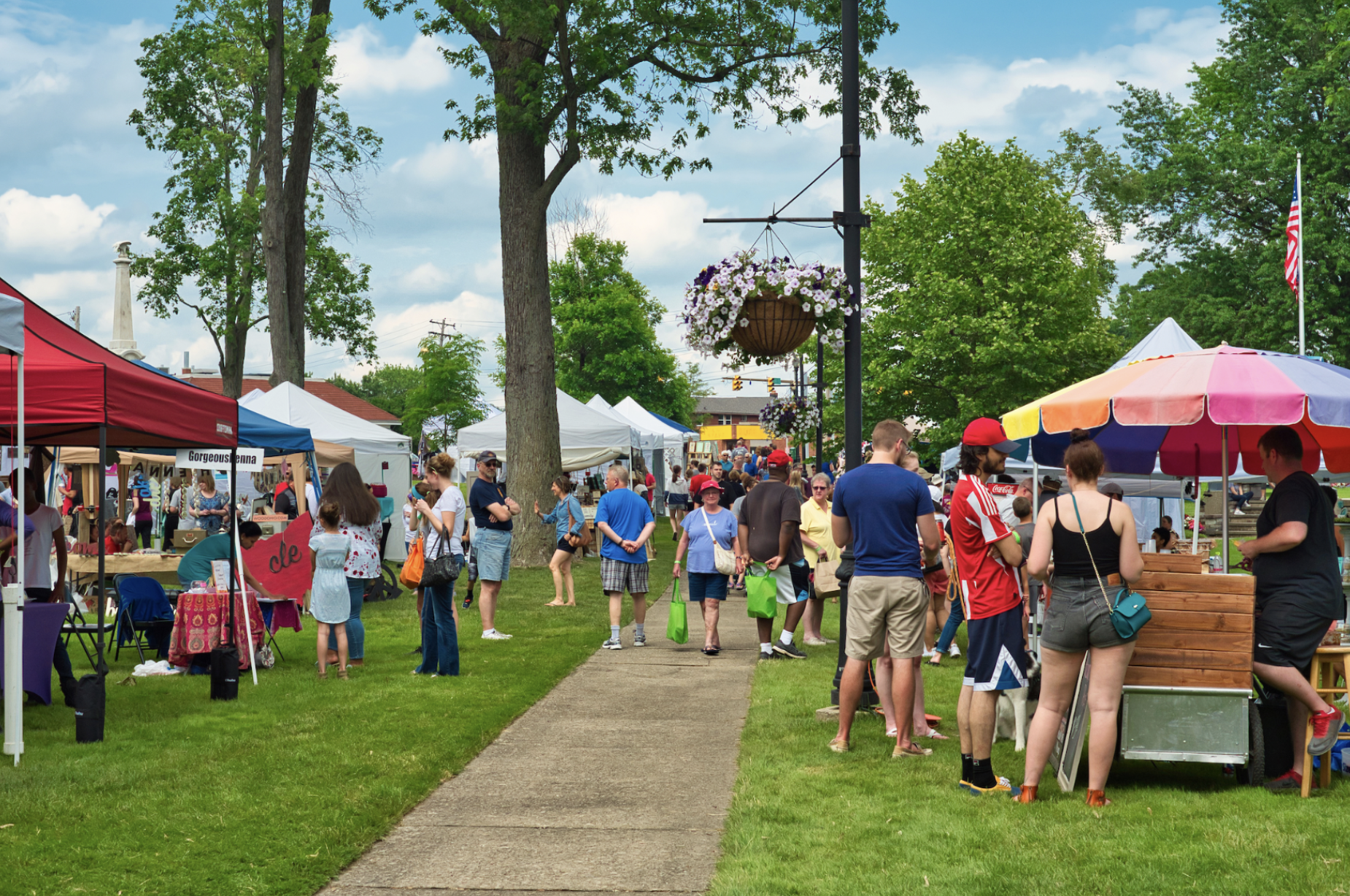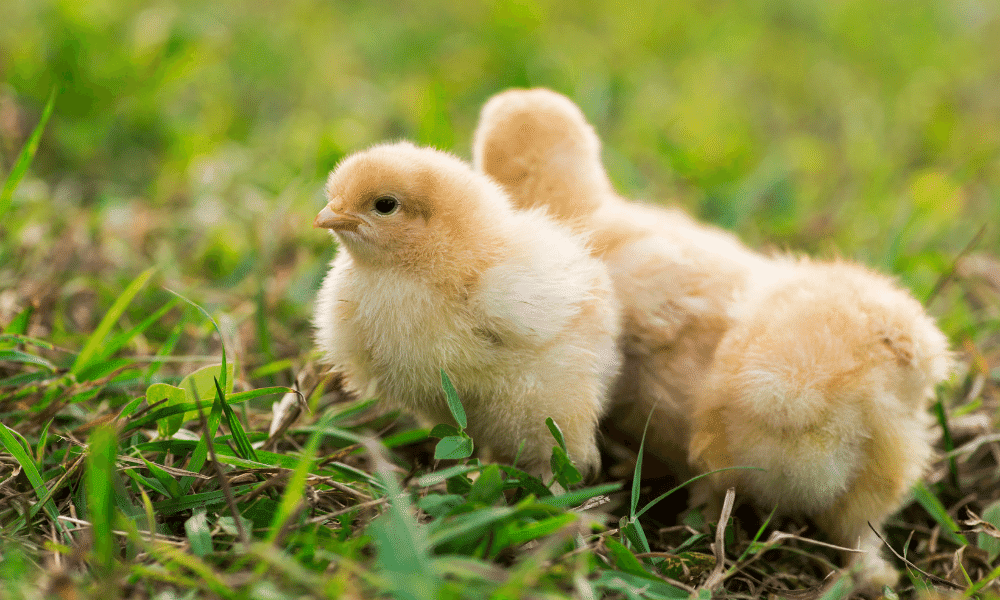Unveiling the Enchanted World of the Highland Cow: A Guide to Their Origins, Sizes, Colors, Temperament, and More!
Are you looking to add a touch of rustic charm to your farm or simply want to learn more about these adorable creatures? Look no further than the Highland Cow! Known for their shaggy coats and majestic horns, Highland Cows have captured the hearts of many with their unique appearance and gentle nature. In this blog post, we will delve into the fascinating world of Highland Cows, exploring their origination, available sizes and colors, temperament, milking capacity, and even some fun facts. So, let's dive in and discover the wonders of these remarkable creatures!
Origination of Highland Cows
The Highland Cow, also known as the Highlander Cow, originates from the rugged Highlands and Islands of Scotland. These hardy creatures have adapted to the harsh climate and challenging terrain of the region, making them well-suited for various environments around the world. Today, you can find Highland Cows in many countries, including the United States, where they have gained popularity for their unique characteristics.
Fun Fact: Oldest Registered Breed
Highland Cows are one of the oldest registered breeds of cattle. The first herd book was established in 1885, making them a breed with a long and storied history!
Highland Cow Sizes
Highland Cows come in different sizes, including the standard Highland Cow and the Miniature Highland Cow. The standard Highland Cow is known for its large size, with bulls weighing up to 1,800 pounds and cows weighing around 1,100 pounds.
Miniature Highland Cow size: The Miniature Highland Cow is smaller in stature, making them a popular choice for those with limited space or looking for a more manageable breed. Miniature Highland Cows typically weigh between 500 and 800 pounds, making them an adorable addition to any farm.
Highland Cow Maintenance
Highland Cow grooming and maintenance require special attention due to their unique shaggy coats. Regular grooming is essential to keep their long hair healthy and free from tangles. Brushing the coat with a wide-toothed comb or a specialized grooming brush helps to remove debris, prevent matting, and promote good circulation. It is important to be gentle and patient during the grooming process, as Highland Cows are known for their sensitive nature.
In addition to regular brushing, occasional trimming of the hair around the eyes and hooves may be necessary to ensure clear vision and proper hoof health. Trimming should be done by a professional with experience in handling Highland Cows to avoid any discomfort or injury.
During the winter months, when Highland Cows are exposed to colder temperatures, their thick coats provide natural insulation. However, it is still important to monitor their condition and provide shelter if needed. Regular checks for parasites, such as ticks or lice, should also be conducted, and appropriate treatments should be administered as necessary.
Proper nutrition and hydration are crucial for maintaining the overall health and appearance of Highland Cows. Providing a balanced diet with access to fresh water and high-quality forage is essential. Regular veterinary check-ups and vaccinations are also important to ensure their well-being.
Highland Cows are relatively low-maintenance compared to other breeds due to their hardiness and ability to thrive in harsh environments. Their thick coat protects them from cold weather, but it is less suited to hot, humid climates where extra care might be needed to prevent overheating.
Overall, grooming and maintenance of a Highland Cow require dedication and care. By providing regular grooming, proper nutrition, and necessary veterinary attention, you can help keep your Highland Cow healthy, comfortable, and looking their best. Remember, a well-groomed Highland Cow is not only a sight to behold but also a happy and contented companion on your farm.
Fun Fact: Natural Mowers
These cows are great natural mowers! They love grazing on steep, rough terrain where many other cattle breeds can't thrive. They're known for eating invasive species and brush, which helps maintain diverse ecosystems.
Marketplace
You might also be interested in...

Shop for chickens, livestock or other farm goods

About Farm Expo Events

Sell Your Chicks and Eggs
Highland Cow Colors
Highland Cows are famous for their distinctive shaggy coats, which come in a variety of colors. From classic black and red to brindle, dun, and even silver, these cows showcase a stunning array of hues. Each color variation adds to the charm and uniqueness of these magnificent creatures, making them a sight to behold on any farm.
Highland Cow Temperament
One of the most endearing qualities of Highland Cows is their gentle and docile temperament. They are known for their calm and friendly nature, making them a joy to be around. While Highland cows are generally docile, temperament can vary depending on handling, socialization, and individual genetics. While they are often described as having a calm nature, they are still large, strong animals and can become aggressive if threatened or mishandled.
Fun Fact: Live Long and Prosper
Highland Cows have a longer lifespan compared to other cattle breeds, often living 15 to 20 years or more. Their longevity is attributed to their robust health, hardiness, and minimal calving difficulties.
Highland Cow Milking Capacity
While Highland Cows are primarily known for their beef production, they do have the ability to produce milk. However, it's important to note that their milk production is not as high as that of traditional dairy breeds.
Can you milk mini highland cows? Yes! However, a mini highland cow size is likely to have lower milk production compared to their larger counterparts. So, if you're considering milking a Highland Cow, it's best to consult with an expert to understand the specific milking capacity of the cow you choose.
Show Standards for Highland Cows
In Highland Cow shows, a variety of colors are considered acceptable. The breed standard recognizes several color variations, including black, red, brindle, dun, and silver. These different coat colors add to the charm and diversity of Highland Cows. Each color variation is evaluated based on its adherence to the breed's overall conformation and characteristics. Judges in Highland Cow shows assess the animals based on their breed-specific traits, such as their shaggy coats, strong build, and well-developed horns, rather than favoring one color over another. This allows for a fair and inclusive representation of the breed's diverse color palette in show competitions.
Highland Cow Breed Associations
In the United States, there are several associations that focus on the Highland cow breed. These associations play a crucial role in promoting and preserving the breed's standards and characteristics. Here are some of the prominent Highland cow associations in the United States:
American Highland Cattle Association (AHCA): The AHCA is the primary organization dedicated to the Highland cow breed in the United States. It serves as the breed registry and promotes the breed's attributes, including their hardiness, versatility, and unique appearance. The AHCA provides resources, events, and networking opportunities for Highland cow enthusiasts.
North American Highland Cattle Association (NAHCA): The NAHCA is another notable association that supports Highland cow breeders and enthusiasts across North America. It focuses on promoting the breed's quality, genetic diversity, and conservation efforts. The NAHCA organizes shows, sales, and educational programs to foster the growth and development of the Highland cow breed.
Highland Cattle Society (HCS) - American District: The HCS American District represents the American branch of the Highland Cattle Society, which is based in the United Kingdom. This association works to maintain the breed standards and supports Highland cow breeders in the United States. They provide guidance on breeding, registration, and participate in international Highland cow events.
Highland Cattle Foundation (HCF): The HCF is a non-profit organization dedicated to the preservation and promotion of Highland cattle in the United States. They focus on education, research, and conservation efforts to ensure the long-term sustainability of the breed. The HCF supports breeders, conducts genetic studies, and collaborates with other organizations to advance the Highland cow breed.
These associations play a vital role in fostering a strong community of Highland cow enthusiasts, providing resources, organizing events, and ensuring the breed's integrity and future. They serve as valuable platforms for breeders, owners, and enthusiasts to learn about the Highland cow breed in the United States.
Highland Cow Price
The Highland cow pricing in the United States can vary depending on various factors such as age, gender, pedigree, and overall quality of the animal. Price range of a Highland cow in the United States ranges from $1,000 to $3,000. A mini highland cow for sale can command close to double the cost of a standard size, ranging from $2,000 to $5,000. Mini highland cows are in great demand.
Market demand and availability can influence the standard and mini highland cow price. Factors such as the animal's lineage, conformation, and coat color can influence the price. Registered Highland cows with desirable traits and strong bloodlines may command higher prices. Additionally, factors like location, demand, and availability of Highland cows in a particular region can also impact pricing. It is advisable to research and connect with reputable breeders or livestock auctions to get a better understanding of the current market prices for Highland cows in the United States. Mini highland cows for sale can also be found in the Roobeez Marketplace, a national livestock marketplace.
Conclusion
Highland Cows are a delight to add to any homestead with their origins rooted in the rugged landscapes of Scotland. Whether you're looking to add a standard Highland Cow or a Miniature Highland Cow to your farm, these gentle and friendly animals are sure to bring joy and character to your surroundings. So, whether you're searching for "Highland Cows for sale" and considering adopting one, these captivating creatures are a wonderful addition to any farm.
Embracing unique breeds like Highland Cows can be a great way to stand out in the market. If you're looking for guidance on agricultural advertising or marketing, consider reaching out to agriculture ad agencies that specialize in promoting and adding value to agricultural products. Happy farming and may the Highland Cow's enchanting presence bring smiles to your face every day!
Keywords: hiland cow, highland mini cow, highland cow calf for sale, craigslist mini highland cow, craigslist highland cow, highland milk cow, highland cow milk, mini highlander cow, adopt a highland cow
FAQ: All About Highland Cows
-
Yes, Highland Cows are well-suited for small farms or backyard settings due to their smaller size and gentle temperament. Miniature Highland Cows, in particular, are popular choices for those with limited space.
-
Highland Cows' long coats do require regular grooming to prevent matting and keep them healthy. Brushing their coats and occasional trimming around the eyes and hooves are necessary maintenance tasks.
-
While Highland Cows have the ability to produce milk, their milk production is not as high as that of traditional dairy breeds. A Miniature Highland Cow may have lower milk production compared to their larger counterparts.
-
Yes, Highland Cows are known for their high-quality beef. Their slow growth rate contributes to the tenderness and flavor of their meat, making it highly regarded by beef enthusiasts.
-
Highland Cows are good at respecting fences and do not require specialized fencing. However, sturdy fencing is recommended to ensure their safety and prevent them from wandering.
-
Highland Cows have a longer lifespan compared to other cattle breeds, with some individuals living up to 20 years or more. Their robust health and hardiness contribute to their longevity.
-
Yes, Highland Cows are adaptable to various climates. They originated in the rugged Highlands of Scotland and have developed a natural ability to withstand harsh weather conditions, including cold temperatures.
-
Highland Cows are known for their excellent maternal instincts. They are attentive and protective mothers, ensuring the well-being of their calves.
-
Highland Cows can thrive in diverse landscapes and are excellent foragers. They can graze on rough vegetation and do not require extensive grazing areas. However, providing adequate space for their exercise and well-being is important.
-
Yes, Highland Cows do produce milk! While they are primarily known for their beef production, these versatile creatures also have the ability to produce milk. However, it's important to note that Highland Cows are not typically bred for dairy purposes, so their milk yield is lower compared to traditional dairy breeds. Despite this, some farmers appreciate the unique flavor and creamy texture of Highland Cow milk, which can be used for personal consumption or small-scale dairy production.
-
Highland Cows can indeed produce milk, but they are not considered ideal for dairy farming if you're looking for high-volume milk production. Their milk output is significantly lower than that of specialized dairy breeds like Holsteins or Jerseys. However, for those who value quality over quantity, Highland Cow milk offers a rich, creamy taste that many find delightful. If you’re interested in milking Highland Cows, they can be a good fit for small-scale homesteading or for those who want a multi-purpose animal for both beef and a bit of milk.
-
Do Mini Highland Cows produce milk? Yes! How much milk? A Miniature Highland Cow, due to its smaller size, produces even less milk than its standard-sized counterparts. On average, a Mini Highland Cow might produce enough milk for personal use, such as a few gallons per week, depending on factors like diet and care. While they are not ideal for large-scale dairy production, their lower milk output makes them manageable and a charming addition to a small farm or homestead setting.
-
Yes, Highland Cows are popular choices for agricultural shows and exhibitions due to their unique appearance and gentle temperament. Their shaggy coats and majestic horns make them stand out in such events.
Discover Highland Cows on Roobeez: Your Local Online Marketplace
Looking for Highland Cows or Miniature Highland Cows for sale? Check out the Roobeez online marketplace where you'll find farms across the country offering various livestock, along with detailed information to help you connect with the perfect breeder for your needs!
You might also be interested in…























Discover farmers markets near you with Roobeez! Explore local events, find seasonal and weekly markets, and shop fresh produce and handmade goods on our marketplace. Contribute to our growing directory by adding your favorite markets and community events. Supporting local has never been easier!